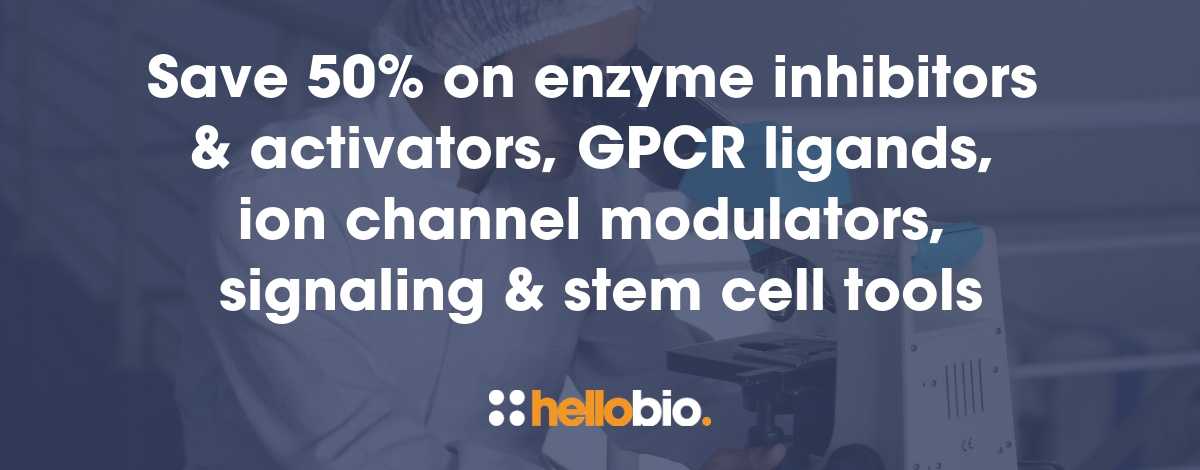Scientific Papers: Tips For More Productive Writing
By Maria Montefinese
As an early career researcher, sooner or later you will be asked to share your research in many different ways. One of these is to write scientific papers. We can’t underestimate the impact of the number of papers we write and their importance because they reflect our scientific achievements. This has made a difference more than once in my research career: the number of my papers and their quality contributed to the decision of my past supervisor to be my mentor for a Marie Curie fellowship!
Most researchers (including me!) find it challenging to start writing a paper and to stay motivated during the process. This is even more critical when we have to balance writing papers with other more enjoyable tasks – for example, testing new ideas and analysing data. In academia we are also placed under constant pressure to publish more to increase our chances of getting funds, and in this context writing can be very frustrating. Sound familiar?
I believe that writing is not an innate gift, but a skill that can be developed through systematic practice. In this post, I’ll provide you some strategies that I have developed during the last few years that have made my writing more efficient and gratifying.
Establish dedicated writing space
Here’s the deal: to become more productive in your writing you need to find a place where you can write peacefully. Where do you concentrate the best? The writing space should be a place that’s easy to get to, free from distractions, and filled with anything that inspires you. This might be your desk in your office, or a nearby café or library. Experiment with several places and choose the one that best fits in your routine.
Establish a writing routine
Let’s face it, with our work we race through life like the White Rabbit in Alice in Wonderland, always running late, and finding uninterrupted time to write rarely happens! In this scenario, Prof. Mark Reed says that we have two alternative choices: either we give up writing or we deal with our new circumstances.

The first trick lies in the word find. As Paul J. Silvia says: “Finding time to write is a destructive way of thinking about writing.” Instead, we have to adopt a mindset of making time for writing.
For example, I’m an early morning person and I realized that daily writing in the early hours of the day is a routine that fits better with my personality and needs. In the morning I feel more energized and I can write without any distractions. This technique works for me, but very probably doesn’t work for everyone.
My general advice to be a more prolific writer is to critically examine your writing practice, to establish the writing routine that works for you and stick to it. Ask yourself: “What day of the week and what time of the day do I find most fruitful for writing?”
The main thing made a difference in my writing practice is to protect my writing time and give it the priority it deserves in my busy agenda. Do I need to find the time to go to that meeting? Do I need to find the time to attend lessons? The secret is regularity in writing practice.
Stop multitasking
How many times have you sat at your computer to write your papers, and then your attention starts to flag? This often happens to me too, and it happens more frequently when I have too many outside distractions.

The rule I follow to avoid multitasking is to switch off notifications on emails, social networks and my phone, and schedule dedicated time for these ‘distractions’ (i.e. time to check emails and social networks, for example).
It is well known that there is no such a thing as multitasking, because our brain can only focus on one thing at a time. During so-called multitasking our brain is actually switching really fast from one task to another. This behavior can have many consequences: we waste time, we are more likely make mistakes, and we get stressed more easily.
So when we are in our dedicated writing time, the best thing we can do is to concentrate our attention fully on writing our papers.
Set realistic goals
To write prolifically, you need to define your writing goals. Which papers are you planning on working on this year and what priority does each paper have? Clarify also what your more immediate goals are. For example, this might be sending an outline of the paper to your co-authors by the end of the day, or writing the introduction and method of the paper by the end of the week. Keep note of the progress you make every day, and when you achieve a goal (either immediate or final) reward yourself!
Set your priorities
To work with less anxiety I give priority to things with deadlines. When every task seems to have priority and you feel like you’re drowning, you could use the Eisenhower Box. I find this technique very useful to organize my tasks daily and longer term. The Eisenhower Box is used to separate the tasks into:
- Urgent and important (to do them immediately)
- Important, but not urgent (to schedule to do later)
- Urgent, but not important (to delegate to someone else)
- Neither urgent, nor important (to delete from the to-do list).
Here is an example of what the Eisenhower Box might look like:

In summary, creating a writing daily routine is a very personal and individual process. I hope you’ll take the time to create your own writing method and reap the rewards!
For more great advice on this topic, check out The Productive Researcher by Mark Reed and How To Write A Lot by Paul J. Silvia.
_________________________________________
Maria Montefinese is a postdoctoral research fellow at the Department of General Psychology at University of Padova and an honorary research associate at the Department of Experimental Psychology at University College London. Her research aims to understand which aspects of concept meaning are most useful at describing the way the concepts are represented and processed in our brain.
Prior to this, Maria has been awarded an EU HORIZON 2020 Marie Curie Individual Fellowship to explore our representation of word meaning in “INCREASE” project.
Maria has a PhD in Functional Neuroimaging and experience with several psychophysiological and neuroimaging techniques. Her current research focuses on the study of brain dynamics in response to the affective aspects of meaning of abstract and concrete concepts.
Follow Maria on Twitter: @MaryMontefi
___________________________________
If you enjoyed reading this article, why not check out the other resources available on our blog. One of the things we’re most passionate about is supporting early career life scientists and PhD students. We know how tough it is - so we hope you find these helpful!
Advice & guidance for life scientists
Click below to view our of essential guides and articles includes to support life scientists, PhD students & early career life scientists:
Travel grants
Every month we give away $500 to PhD students and Postdocs so that they can attend a scientific conference - click below to find out more:
Wellbeing for scientists
Click below for our resources to help improve your wellbeing:
Technical resources
Try our Molarity Calculator: a quick and easy way to calculate the mass, volume or concentration required for making a solution.
Try our Dilution Calculator: an easy way to work out how to dilute stock solutions of known concentrations
Click below to see our Mini-reviews, Pathway Posters & Product Guides: a set of technical resources to answer your questions on a wide range of topics and to help you get started quickly.
And - when you get to the stage of planning your experiments, don't forget that we offer a range of agonists, antagonists, inhibitors, activators, antibodies and fluorescent tools at up to half the price of other suppliers - click below to see how we compare with other suppliers:
Advice from your fellow scientists
Click below to read advice from other scientists:





















